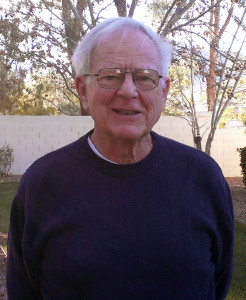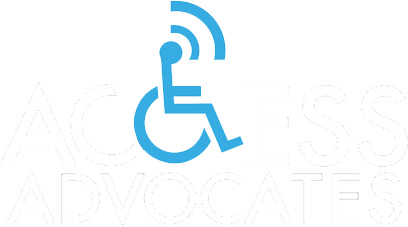
I am asked over and over and over again why I started ACCESS. My answer is simple. Over the last 10 years, I have seen first-hand very few attorneys making a lot of money from building owners by their filing of an ADA Complaint for Declaratory and Injunctive Relief against the building owner because of certain items of his building are not ADA compliant. Ultimately, the building owner wants to minimize attorney costs and get rid of the complaint. The complaint filing attorney wants to make some money and cover his costs. That sum is around $100,000. The filing comes to an end with the building owner paying the complaint filing attorney and his own attorney, of course; along with a promise to fix some ADA building noncompliant items.
Unfortunately, however, in the real world, the ADA violations may or may not be fixed. There simply is no follow-up built into the system. There is no accountability to verify and confirm changes are made.
My challenge started five years ago. The first two years were spent researching how I could use my 15 years (at that point in time) of knowledge and experience as an architect specializing in getting public buildings ADA compliant.
I was listening to our Rotary luncheon speaker that week (Justin Cohen of IMI Vegas) who was talking about the future of social media for business. As Justin spoke, I became convinced that social media was our answer and the vehicle we needed to reach out to individuals in the “wheelchair community” to let them know we exist, to answer their questions and, ultimately, to help.
I asked Justin to visit our office and meet the staff and the rest is history: a new website, new name and now the IMI team, in collaboration with Lisa Johnson of Endeavor Social Media, supports our team. In fact, last year IMI awarded us 2nd place for ‘Best Business Blog’. To that I say: Thank you, Justin. To you and all your team!
Using social media (Facebook, Twitter, Pinterest and more!) our team successfully reached out across the country and communicated with people with disabilities, answering many questions and learning of many challenges in getting into and around public buildings. To date, we’ve learned of many, many buildings that are not ADA complaint, which has resulted in growing caseload for our team.
Here’s a brief rundown of our caseload to-date:
- Number of cases with attorneys: 15
- Number of cases needing attorneys: 5
- Number of ‘Fair Housing’ cases awaiting ruling: 1
Last year we used Legal Zoom in our filing for a 501c3 with the IRS for ACCESS Advocates, Inc.. This is my way at ACCESS Technologies Services, Inc. (our for profit architectural company) of giving back something to the wheelchair community and ensuring that the services of ACCESS Advocates, Inc. are always free to our advocates and all people with disabilities.
This second year is where it will get really exciting for our team and advocates!
